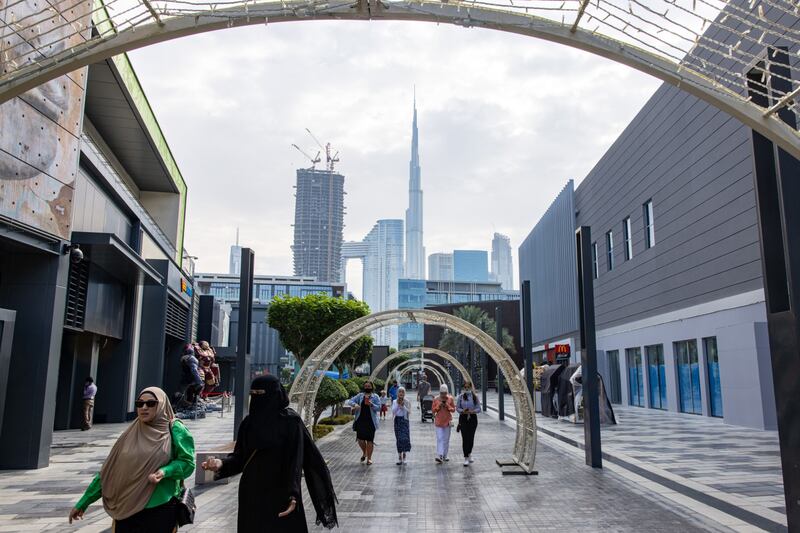Historians still speak in solemn tones of the 6th-century Plague of Justinian, which killed 25 million people, and the Black Death 800 years later, which killed nearly 200 million. Having thus far claimed more than 5 million lives worldwide, Covid-19 is sure to be recorded as one of the deadliest pandemics in history.
For economic historians, however, it is the death of jobs that provokes great concern. The casualties claimed by Covid-19 in this respect have also been dire. In 2020, the pandemic cost the world nearly 150 million jobs, according to the UN. Altogether, humanity lost nearly 9 per cent of its working hours, as the newly unemployed were joined by many who managed to keep their jobs but were forced to go part-time.
In the wreckage of this economic havoc, it is little wonder that the focus of so many governments right now is on job creation. Public surveys in North America, Europe, the Middle East and China have found a stronger-than-ever thirst for new jobs, not only to compensate for what has been lost, but also to ensure a more resilient economic future.
While job-creation efforts will, indeed, need to be put into overdrive as the pandemic recedes, a fundamental part of resilience in the face of future shocks will also be the ability of governments and employers alike to ensure that workers can keep the jobs they already have and – particularly for young people – turn them into careers. For all of the talk about the rise of the gig economy, the health of the post-pandemic economy will continue to rely on stable, attractive employment – albeit with greater flexibility.
In the UAE, last Friday saw the country's first Cabinet meeting of 2022, and the focus was on the economy and workers' rights. A host of legal reforms, including the expansion of longer-term residency visas to more expatriate residents and allowing 100 per cent foreign of onshore companies, will make the Emirati economy more attractive to new talent, aiding in job creation efforts. But it will also encourage more stability in the private sector.
Part of the reforms includes more flexibility for some categories of residents to change jobs or work on a freelance basis. While this will encourage temporary work, economists have long found that such elasticity in the labour market can also contribute to more stable long-term employment, as workers will have the scope to branch out and find jobs that are the best fit for them, and employers will have the opportunity to try more employees out before they find the one that will thrive on a permanent contract.
The reforms come soon after a November poll by Mercer found that in 2022, UAE companies are set to go on a hiring spree. Those who take new jobs will find themselves entering one of the most dynamic job markets in the Middle East, as salaries are expected to rise, more companies transition to a Monday-to-Friday working week and more managers accommodate part-time working from home.
No country was left untouched by the ferocity with which the Covid-19 pandemic crippled the global economy. But with a holistic focus on the roles job creation and job security really play in post-pandemic economic resilience, governments may find that they can create a labour market that is stronger than ever. As this week's reforms show, one such market will soon be found in the UAE.





